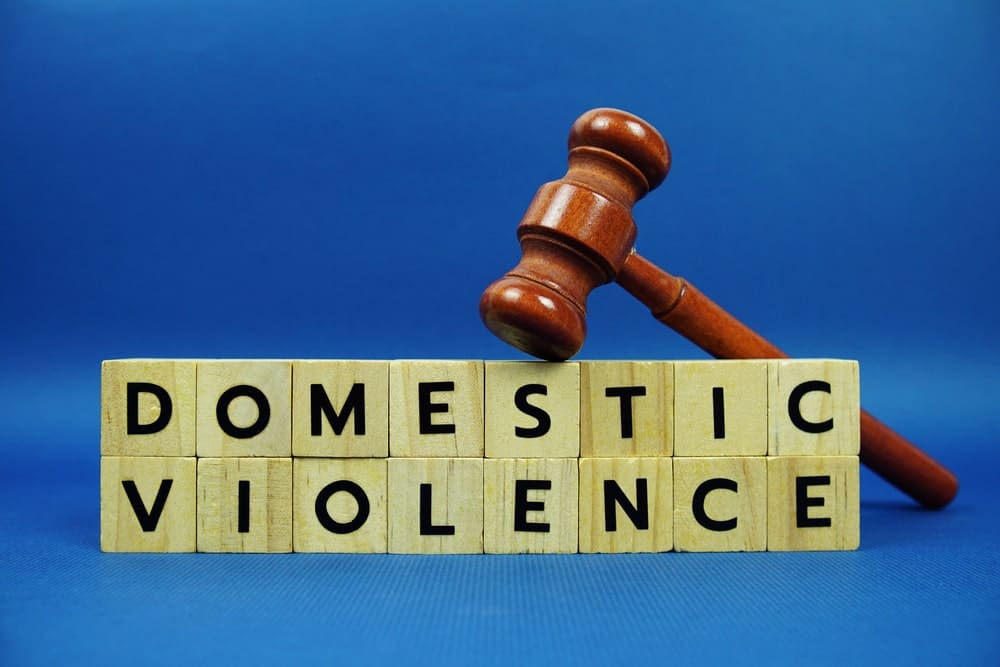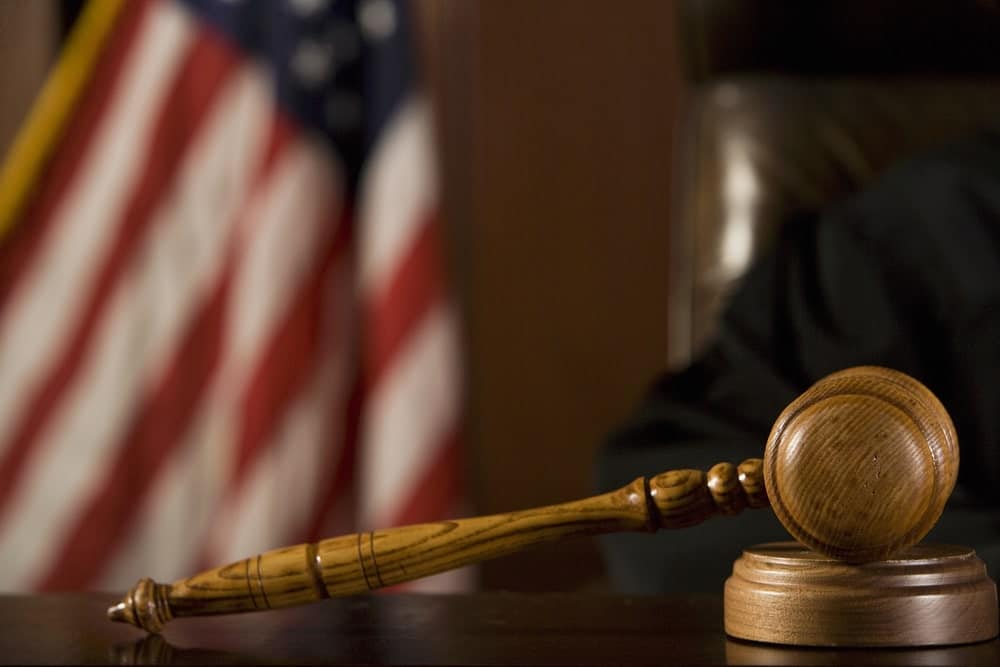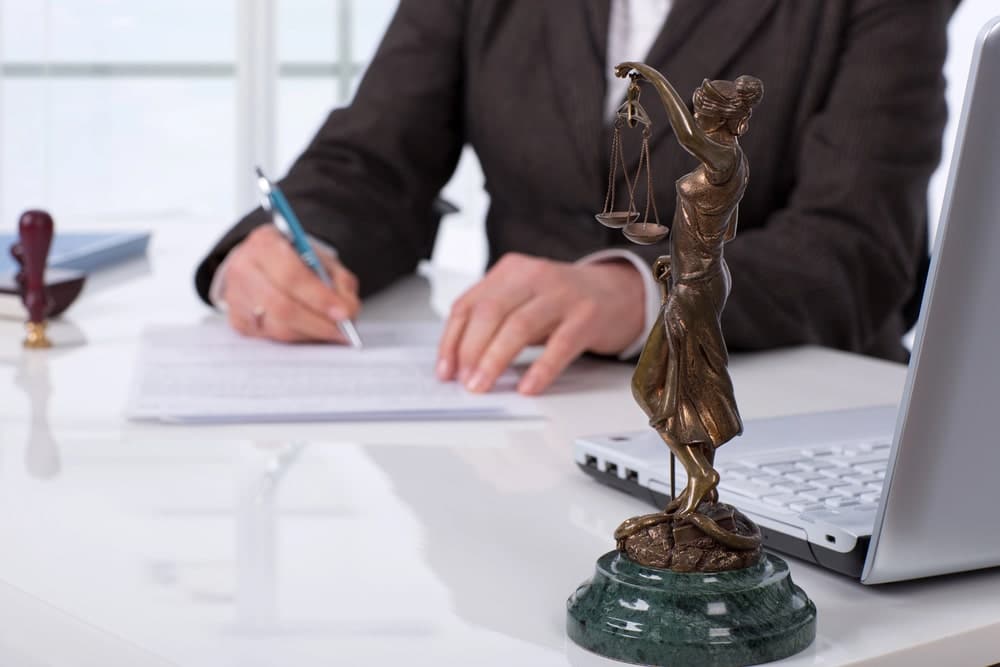Few moments are more devastating than seeing a family member taken into custody on a domestic violence charge. In an instant, families face uncertainty, emotional strain, and the risk of lasting consequences. In these moments, restraining orders, also called injunctions for protection, become a critical safeguard.
They are designed to provide immediate safety for victims and set clear boundaries to prevent further harm. These orders carry legal weight and give families space to protect themselves while the case is addressed.
In this blog, you will learn what restraining orders are, when they apply after a domestic violence arrest, how to file, what to expect in hearings, the importance of evidence, common challenges, enforcement, and how our Cocoa Beach violent crime lawyers can help at each stage.
What Is a Restraining Order in Florida?
A restraining order in Florida, also called an injunction, is a civil order issued by the court. It is designed to limit or prevent contact between an accused individual and a victim. Judges often grant these orders after a domestic violence arrest to provide immediate safety.
A restraining order can prohibit phone calls, text messages, visits, or any form of communication. In some cases, it may also address temporary child custody or housing arrangements to protect the victim.
While civil in nature, these orders frequently connect with criminal proceedings. Cocoa Beach domestic violence lawyers help families understand these protections and ensure that legal rights remain secure.

When Courts Grant Restraining Orders After Domestic Violence Arrests
Courts in Florida act quickly when domestic violence arrests reveal serious risks. Judges review evidence of danger, past abuse, or harassment. A restraining order limits contact and shields victims while criminal cases move forward.
Immediate Risk of Harm
Courts respond when threats continue after jail release. Victim fears and police evidence often support immediate protection.
History of Abuse
Prior arrests, repeated police calls, or medical records of injuries show a pattern. Moreover, judges consider past protective orders as strong indicators.
Threats to Family Members
Protection extends to children, parents, and others in the home. Shared spaces like schools and workplaces are also covered.
Stalking or Harassment
Repeated unwanted messages or calls justify court action. Following the victim despite warnings often results in stricter protection.
How to File for a Restraining Order in Florida
Victims can request a restraining order through the county court for safety after abuse or threats. Judges review petitions quickly. Legal support from domestic violence lawyers in Cocoa Beach helps ensure petitions are complete and evidence is well-presented.
Filing the Petition
Petitions are filed in the county court:
- Where the victim lives, or
- Where the incident occurred.
They must describe recent violence or threats. Parents may also file on behalf of minors exposed to abuse.
Supporting Documentation
Evidence strengthens petitions and improves approval chances, such as:
- Police reports
- Medical records
- Photos of injuries or property damage
- Sworn witness statements
Judicial Review
- Judges review petitions immediately, often the same day.
- If the criteria are met, temporary protection is granted.
- Legal help improves outcomes and ensures accuracy.
Temporary Ex Parte Restraining Orders
These orders protect victims facing urgent threats before the accused is notified. Courts issue them quickly to stop immediate contact. Violations carry legal consequences and show the seriousness of these protections.
Definition and Purpose
Ex parte restraining orders are granted without notifying the accused first. They give victims instant safety from further harm. Violating these orders brings legal penalties, ensuring victims remain protected while the case moves forward.
Time Limits
Temporary orders usually last up to 15 days under Florida law. Courts must schedule full hearings promptly to review evidence. Without judicial review, these orders cannot become permanent protections for victims.
Safeguards
Courts balance urgency with fairness by setting strict deadlines for hearings. Both sides will be given an opportunity to speak. These safeguards prevent misuse while still protecting victims from immediate threats of harm.

What Happens After the Temporary Order Is Granted
After a temporary order is granted, the case moves forward quickly. Courts review evidence, notify both parties, and schedule hearings. Judges then decide whether the order should be extended, modified, or dismissed.
Scheduling a Hearing
- A hearing is set within fifteen days of the temporary order.
- Both the victim and the accused receive notice.
- Attorneys prepare arguments and guide clients through this stage.
Evidence Review
Judges consider:
- New and prior incidents of violence or threats
- Police reports, sworn testimony, and official documents
- The overall credibility of each side’s evidence
Possible Outcomes
- Orders may be extended into longer-term protections if risks continue.
- Judges may modify terms to match the situation.
- If the evidence is insufficient, the order can be dismissed.
Evidence Courts Consider in Restraining Order Hearings
Courts carefully examine evidence before deciding whether to extend or dismiss a restraining order. Judges look at documentation, testimony, and prior incidents. Strong evidence strengthens protection, while weak or unsupported claims may lead to dismissal.
Documentation of Abuse
Police reports and arrest records provide clear accounts of violence or threats. Medical evaluations confirm injuries suffered by the victim. Photos of property damage or physical harm support these claims.
Witness Testimony
Courts often consider testimony from neighbors, relatives, or coworkers. Police officers who responded to incidents may also testify. Furthermore, professionals like doctors or counselors also provide additional perspectives.
Past Incidents
Judges review the accused’s criminal history or prior arrests. Repeated abuse or harassment carries significant weight in hearings. Previous protective orders highlight ongoing danger and justify continued protection.
Role of a Cocoa Beach Domestic Violence Attorney
A domestic violence attorney guides clients through every stage of the restraining order process. They ensure petitions meet legal standards, evidence is presented effectively, and rights remain protected. Strong representation helps victims secure safety and assists the accused in safeguarding due process.
Preparing the Petition
Attorneys draft petitions that follow Florida statutes carefully. They help word allegations clearly for judges. Strong petitions improve the chances of approval.
Gathering Evidence
Lawyers guide clients on which evidence matters most. They collect police reports, medical files, and witness statements. Preparation strengthens the case in court.
Protecting Rights
Attorneys prevent weak or false claims from dismissal. They also ensure the accused’s constitutional rights are respected. Legal support balances fairness and protection.
Court Representation
Lawyers advocate in hearings and present clear arguments. They cross-examine opposing witnesses to challenge testimony. Attorneys also request modifications when needed.

Common Challenges in Florida Restraining Order Cases
Restraining order cases in Florida often involve complex challenges. Courts demand credible evidence to prove danger, while false or exaggerated claims undermine trust. Temporary orders expire quickly, requiring victims to attend hearings for extended protection.
Burden of Proof
Victims must show ongoing danger beyond past conflicts. Judges require reliable documentation and testimony. Assumptions or speculation cannot support a restraining order.
False or Exaggerated Allegations
Courts examine petitions closely for accuracy. False or exaggerated claims can weaken credibility. In some cases, they may also carry legal consequences.
Limited Duration
Temporary restraining orders last for a short time. Victims must attend hearings to extend protections. Without action, temporary orders will expire.
Conflicting Claims
Accused individuals sometimes file counter-petitions. Judges must weigh conflicting evidence carefully. Courts then decide which claims are supported by stronger proof.
Conclusion
Restraining orders provide vital protection for victims after a domestic violence arrest. They stop contact, reduce danger, and create legal safeguards. Filing quickly and presenting strong, credible evidence ensures these protections remain effective. Judges rely on clear documentation and reliable testimony when deciding whether to extend orders.
Having legal support during this process is essential. Attorneys guide victims through filing, hearings, and evidence preparation. With help from domestic violence lawyers, families secure lasting protection and peace of mind during a difficult time.
At DeGraff Hicks Law Group, we understand how overwhelming a domestic violence arrest can be for families. Our experienced domestic violence lawyers are here to protect your rights and secure your future. Call us today at (321) 44-SHARK to speak directly with a trusted attorney. Contact us now and let our team guide you through this difficult time with care and determination.


